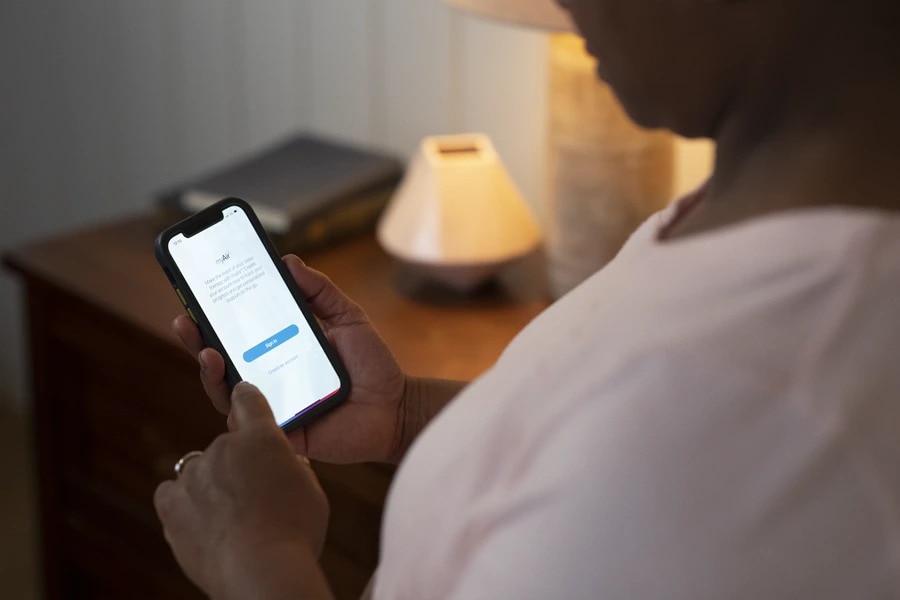Snoring is often a subject which invokes humour for those not directly involved. However, sleep disturbance can be a serious threat to our health.
Noise, of which snoring falls into this category, is recognised by the World Health Organisation (WHO) as impacting negatively upon health1. Sleep deprivation can have a negative impact on body systems such as hormonal release, glucose regulation, hearing impairment and cardiovascular function, leading to overall poor health.
The noise level that starts to have an effect on sleep is around 40dB and snoring can range from 50dB to 100dB2. The louder the noise the worse the quality and quantity of sleep for both the snorer and their partner as the amount of time spent in deep sleep moves to our shallow sleep cycle, meaning you will not wake feeling refreshed.
The British Snoring and Sleep Apnoea Association are running their annual National Stop Snoring week and they are promoting the good news that snoring can be controlled3. Snoring can be a symptom of Obstructive Sleep Apnoea (OSA).
If you or your partner suffer from snoring, then you can take our online sleep apneoa screening test. This could help you determine if you might have OSA and if so, then you’ll need to see your GP and find out what can be done for you to alleviate your symptoms and get you back on track to good health.




